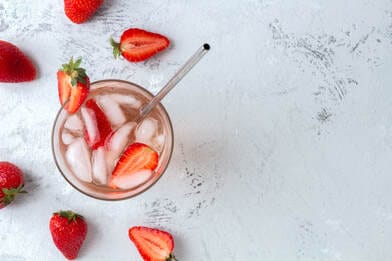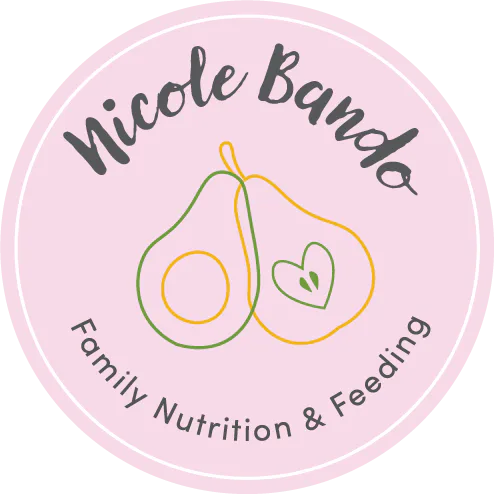
Water is essential for our body’s vital functions; to maintain healthy cells, eliminate by-products and excess electrolytes (salts), regulate body temperature, aid digestion and more. In a child over 12 months, it is the first choice of fluid. Many drinks (other than milk and water) contain sugar (or artificial sweeteners), colourings and limited nutrients. These drinks can impact healthy growth and reinforce a preference for sweet foods. Why not try to flavour water with mint leaves, frozen fruit pieces, orange or lemon rind?
Are sugar free drinks ok?
Sugar free drinks contain large amounts of artificial sweeteners, colours and flavouring to substitute the sugar. They are not a great choice for children as can promote preference for sweet foods. Carbonated drinks are acidic and can erode tooth enamel.
Is fizzy water ok?
Fizzy water is recommended in small amounts, as the bubbles can cause tummy upset. Research has also shown that excessive sparkling water can erode tooth enamel.
What about juice?
Consume in small amounts, for a child this may mean ½-1 glass occasionally. The sugar content of juices is high, as it can take 4 pieces of fruit to make 1 cup of juice! Juicing removes vital components of fruits and vegetables, such as fibre which is important for our bowels and stomach health. When making juice, use 1 piece of fruit and add vegetables such as carrot, celery, cucumber, spinach etc.
Are probiotic drinks ok?
Kefir is a great example of a healthy probiotic drink for children and adults. It’s a great source of Vitamins A, D, protein and calcium. Alternative, high sugar probiotic drinks on the market are not recommended for children.
Smoothie recipe
Smoothies can be a good way and versatile way to use up fruit and vegetables in your fridge, and cook with your child. Try using this structure to make a smoothie for 1:
- Liquid base – e.g. 1 cup milk/alternatives (e.g. soy milk with added calcium)
- Add 1 piece of fruit, try frozen for a creamy consistency.
- Vegetables – add in 1-2 vegetables such as spinach
- Flavour – add a teaspoon of nut butter, cinnamon or 1 tb of cacao.
- Extras: 1 tb chia seeds, 2 tb of yoghurt or 2 tb of oats will boost the nutrition of the smoothie.
- Add a handful of ice.
- Blend and enjoy!!
By Emma McShane, Dietitian, edited by Nicole Bando (APD & IBCLC)
